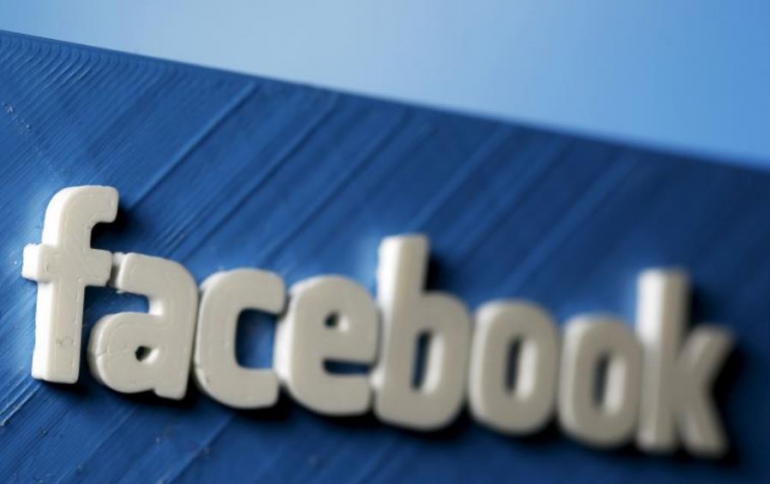
Facebook Takes Staps To Fight Fake News
Facebook is facing withering criticism for failing to stem a flood of phony news articles in the run-up to the U.S. presidential election, so the social network is taking steps to weed out hoaxes and other types of false information.
Initially, Facebook insisted that it is a technology company and not a publisher, and rejected the idea that it should be held responsible for the content that its users circulate on the platform. Just after the election, Zuckerberg said the notion that fake or misleading news on Facebook had helped swing the election to Donald Trump was a "crazy idea."
But on Friday Zuckerberg said Facebook has been working on the issue of misinformation for a long time, calling the problem complex both technically and philosophically.
"While the percentage of misinformation is relatively small, we have much more work ahead on our roadmap," Zuckerberg said.
He outlined a series of steps that were already underway, including greater use of automation to "detect what people will flag as false before they do it themselves."
He also said Facebook would make it easier to report false content, work with third-party verification organizations and journalists on fact-checking efforts, and explore posting warning labels on content that has been flagged as false. The company will also try to prevent fake-news providers from making money through its advertising system.
Zuckerberg said Facebook must be careful not to discourage sharing of opinions or mistakenly restricting accurate content.
But on Friday Zuckerberg said Facebook has been working on the issue of misinformation for a long time, calling the problem complex both technically and philosophically.
"While the percentage of misinformation is relatively small, we have much more work ahead on our roadmap," Zuckerberg said.
He outlined a series of steps that were already underway, including greater use of automation to "detect what people will flag as false before they do it themselves."
He also said Facebook would make it easier to report false content, work with third-party verification organizations and journalists on fact-checking efforts, and explore posting warning labels on content that has been flagged as false. The company will also try to prevent fake-news providers from making money through its advertising system.
Zuckerberg said Facebook must be careful not to discourage sharing of opinions or mistakenly restricting accurate content.





















